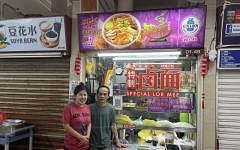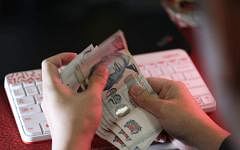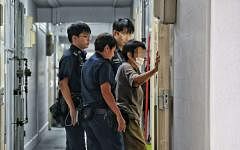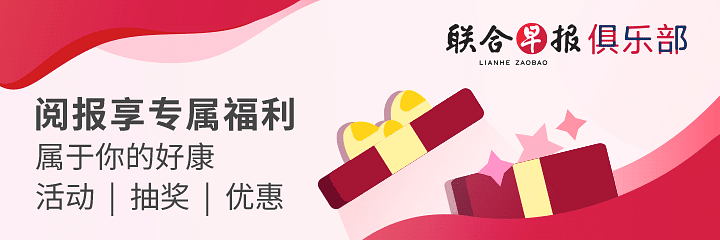HONG KONG, REUTERS -- HSBC is catering to China's soft power push, creating a job title sure to charm Beijing: Head of Belt and Road Initiative.
The Asia-focused lender has staffed the role with senior banker Mukhtar Hussain, currently chief of HSBC Malaysia. Putting a heavy hitter in charge of coordinating efforts to tap the $1 trillion overseas infrastructure programme makes sense; rivals have employees playing similar roles without so exalted a title.
Don't be surprised to see other global banks copy HSBC.
Wall Street is adept at designing job titles, products or even whole trading desks to capture the financial fad of the moment. Think emerging markets two decades ago or sovereign wealth fund coverage more recently. HSBC has gone further than most in its efforts to signal public support for the Chinese policy initiative of the moment, with hopes for doing more business in the People's Republic.
In 2014 the bank now led by John Flint appointed a Global Head of Renminbi Business Development as China lobbied the International Monetary Fund to include the yuan in the reserve currency basket. In 2013 it joined the rush to publicize operations in the newly minted Shanghai Free Trade Zone, an overhyped but ultimately disappointing initiative. Such new business cards are low-cost marketing. In HSBC's case they may have helped the bank win permits to sell offshore yuan-related services, and to launch China's first foreign majority-owned securities joint venture in 2017.
However, the hype surrounding President Xi Jinping's signature initiative to expand Chinese influence around the globe has been unprecedentedly intense, even by Chinese propaganda standards. State media and officials have spun it as a solution to nearly every planetary issue, including the Israel-Palestine conflict.
Good relations have not spared HSBC from the downside when Beijing has changed its policy mind – the currency internationalization push, for example, stalled when China put up capital controls. The bank’s mainland operations still struggle against domestic rivals.
But Belt and Road could be a genuine opportunity, as it proposes to drive Chinese capital into some of the riskiest – but potentially higher return - corners of Asia. Hussain's job might well involve keeping the bank off certain segments of the Road, while getting onto others. What's sure is that rivals will be envious of his new business card.
On Twitter https://twitter.com/petesweeneypro CONTEXT NEWS - HSBC said on April 9 it has appointed Mukhtar Hussain, currently chief executive of HSBC Malaysia, to a newly created role as Head of Belt and Road Initiative, Asia Pacific. BRI is a $1 trillion infrastructure initiative led by Beijing that proposes to build out a network of highways, rail lines, ports and energy pipelines to increase connectivity between Beijing and its neighbours, in particular with emerging markets in southeast and central Asia.
- Hussain has been with HSBC since 1982 and has worked in Europe, the Middle East and North Africa prior to his role in Malaysia, where he has served since 2009. His role will be to "spearhead key initiatives and relationships" to grow BRI-related businesses and improve collaboration between different business units.
- The bank announced separately on the same day that it will seek to cut internal bureaucracy and expand investment in China's southern region to the rest of the country, during a meeting with analysts and investors in Hong Kong, Reuters reported. The presentation to investors showed the bank's mainland China retail banking unit made a loss of $44 million in 2017.





